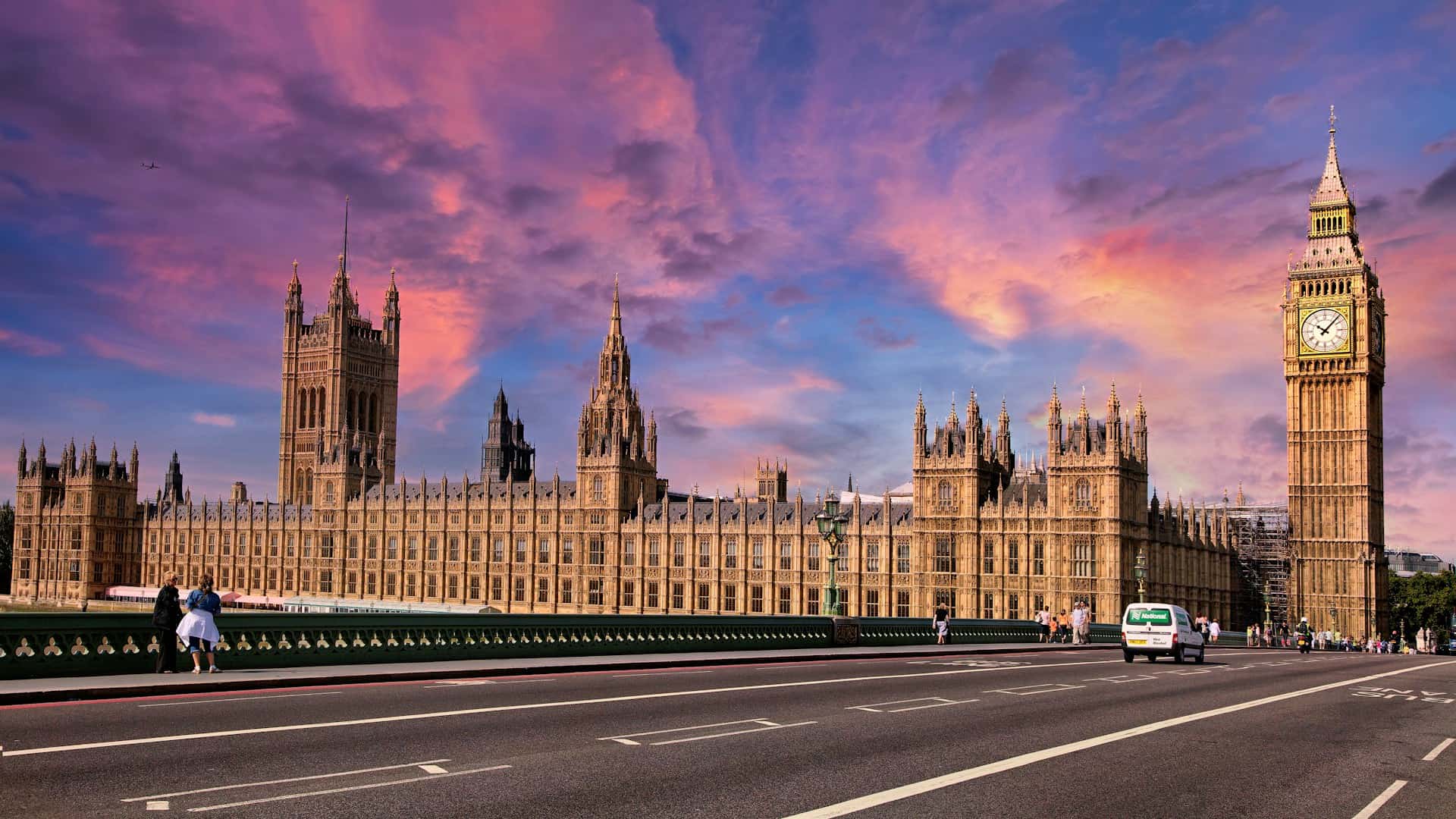Leader of Isle of Wight council, Phil Jordan shares information and details of the recent White Paper on Devolution and provides comment and concerns of Government actions over Priority Programme for Devolution. Ed
On 16th December, the Government published a White Paper concerning their intention to devolve powers right across the country and to do so, in tandem, with re-organising local authorities into Unitary Authorities.
This has implications for the Isle of Wight in terms of its governance and its sustainability as a small Unitary Authority.
Government have set out parameters and timescales that all Local Authorities will be expected to follow.
Devolution
All areas of the country will be asked to present to Government a plan for a devolved power area.
Currently there are twelve areas with Mayoral devolution and four planned for 2025. These areas, in total, will cover 64% of the country population and 54% of the country land area.
There are four different levels of devolution, each with increased local powers being passed down and Level One and Two do not include a mayor, whereas Level Three and Four include a mayor. The devolved powers are significantly greater for Level Three and Four. Mayors are not executive leaders in their own right. They can make progress with their plans only with the agreement of other local leaders.
The Island has previously submitted an EOI (Expression of Interest) to Government for a Devolution Deal and that has been acknowledged.
No ‘white spaces’
Government has made it clear that they will not allow White Spaces (Government terminology for geographical areas in between other devolution areas) and expect local areas to agree to the geographical Devolution area.
If that is not agreed then Government will impose both re-organisation and joining Devolution in areas that remain outside, but close to, other local devolution areas on local authorities that refuse to join.
A fast-track Priority Devolution process
Government has set out a time table for a fast-track Priority Devolution process together with a Local Government Review which, although separate, is running in tandem with the Devolution process.
Government has set a deadline of 10th January 2025, for local area authorities to submit an EOI (Expression of Interest) to be included in a Priority Programme for Devolution. The Priority Programme offers a fast track, negotiated, arrangement for the Devolved powers area and a quicker route to obtaining the powers and the additional funding that comes with Devolution deals. These can be extensive dependent on early negotiations.
Devolution arrangements are not a templated system. They are agreed individually by negotiation, area by area, between Government and Local Leaders.
Local Government Review
Should the council not enter an Expression of Interest (EOI) for a priority programme for Devolution by 10th January, it will be required to submit to Government before May 2025, a local Plan that creates a new Unitary Authority that contains a minimum population area of 500,000 people. The Island population is currently around 140,000 people.
If a Priority Programme Expression of Interest (EOI) is submitted, this would not be required by Government before May 2025.
No exceptions to minimum 500,000 population
Under the Local Government Review, should the Island not decide to put forward an Expression of Interest for the Priority Programme, discussions with neighbouring Authorities will have to be made, at some speed, to see if there can be an agreed area for a new Unitary Authority containing a minimum population of 500,000.
Government have advised there are to be no exceptions on these guidelines, with minimum population figures as prescribed and consideration of maximum population figures around the one million population mark.
Government Ministers have advised in meetings that they will not allow individual authority areas to prevent, hinder or derail either local authority re-organisation or Devolution and will act independently and directly to include those areas refusing to join a Devolution area arrangement.
Jordan: Details included in White Paper came as a total surprise and shock
Councillor Phil Jordan, Leader of the IW Council spoke at length with added detail:
“This White Paper, alongside the Local Government Review (re-organisation) arrived on 18th December completely without precedent or prior information.
“The details it included came as a total surprise and shock to me and to other Council Leaders.
“It was not so much the Devolution details, something we had been thinking about for quite a while now and for which we had already submitted and expression of interest to Government for the Solent area. It was the timescales and the running of the local government review alongside the Devolution process that caught me unaware.
“We have had some tight timescales from Government before but this one, on the Priority Programme for Devolution, was extraordinary… especially over the festive season break. Just 23 days to carry out extraordinary meetings, get further information back from Government and to secure legal advice just to be able to take, what is at this stage, a simple decision given Governments declared intention.
“What is now noticeably clear is that the Unitary Authority of the Island, in its present form will not continue. However concerning or difficult to accept it may be, we must deal with what the situation is and not how we would like it to be.
“Our choice facing us is whether we ask for a Priority Programme for Devolution or whether we wait and have to create a larger Unitary Authority with other Local Authorities instead, and before May 2025.
“I would want our Island residents to fully understand that this entire process is a Government led process, and timescales are forced upon us by Government. None of this process is the result of this council or this administration.
“Our only real choice now is to get priority discussions going with Government and try to get the best deal as soon as possible through negotiations with this Government.”





